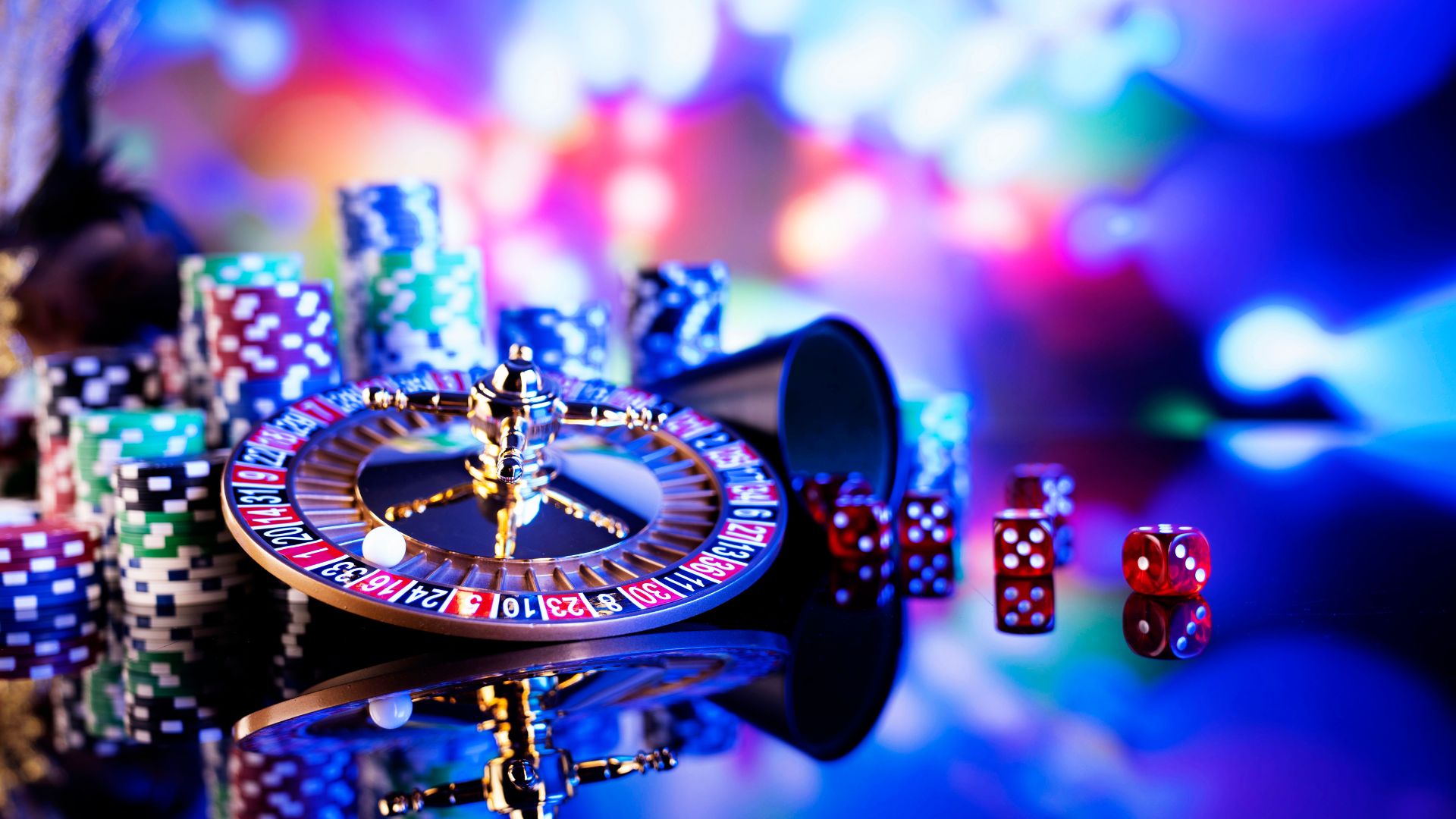
Casino games have long been a staple in human culture, delivering not just entertainment but a fascinating reflection of our dreams, dreams, and fears. From the turning reels of a slot machine to the tactical play of poker, these games embody a variety of human sentiments and events. At their core, casino games are not just a chance to make profits; they are a microcosm of life itself, where risk versus reward intertwine and luck can change in an instant.
As players convene around tables or sit in front of glowing machines, they take part in a ritual that transcends mere gambling. These games reflect our natural desires for connection, adventure, and the search for fortune. They also unveil deeper truths about human nature, such as our relationship with fate and the adrenaline of the unknown. In exploring casino games, we uncover not only the nuances of play but also the rich tapestry of the human journey, showcasing our interconnected narratives of goal and reality.
The Psychology of Gambling
Wagering is intrinsically connected in the psyche of individuals, tapping into various feelings and wants. The thrill of risk-taking is a fundamental aspect that attracts participants, be it it’s thrill of spinning a roulette wheel or the anticipation of drawing a winning hand in a poker game. This rush of adrenaline is frequently likened to other forms of excitement, as the unpredictability of outcomes triggers a distinct psychological response. Gamblers often find themselves entranced by the chance of striking it rich, leading to an irresistible draw toward casino games.
Another, a crucial component of the psychology behind gambling is the concept of optimism and ambition. Participants often nourish fantasies of financial freedom and the luxurious lifestyle that can accompany winning. This hope fuels their continued participation in gambling, as it provides a sense of purpose and the conviction that a life-changing win could be just one wager away. The story of overcoming odds and finding success resonates with many, strengthening their dedication to play and engage with these games.
Finally, social aspects play a crucial role in gambling psychology. Gambling venues are designed to promote social interaction, where gamblers gather to share the journey of wins and losses. This shared aspect not only enhances enjoyment but also affects behavior, as individuals often imitate the actions of others in their vicinity. The social validation found in mutual thrill can magnify the emotional experience, making casino games a mirror of not just personal desires but also collective engagement within the gaming community.
## The Dual Nature of Risk and Reward
Gambling games embody the subtle balance between danger and reward that resonates profoundly with the human experience. The rush of placing a wager is often accompanied by a jolt of energy, as gamblers are confronted with the possibility of striking it rich, yet fully aware of the possibility to suffer losses. This twofold experience reflects a essential aspect of life: the paths we choose often come with inherent risks, and the pursuit of reward can push us to embrace risks we might not normally consider. In this way, casino games mirror real-world choices, enticing players to gamble not just their money, but also their dreams.
The allure of grand jackpots and payouts fuels a sense of optimism, encouraging players to envision a brighter future that could arise from a fortunate turn of the wheel or dealing of a hand. This hope can motivate individuals to engage in more daring actions, encouraging them to extend their limits in search of monetary success. However, just as in life, the results of these risks can lead to both victory and failure. The narratives of both jackpot winners and those who have faced losses everything at the tables demonstrate the chaotic nature of chance and its impactful effect on our existence.
Ultimately, the interaction of engaging with casino games serves as a vivid illustration of the nature of humanity. Every session played is imbued with the tension of risk, as gamblers weigh the gains against the risks. This interaction not only highlights the excitement that comes with gambling but also exposes the risks that come with the urge for more. As we explore the complexities of decision-making and consequence in both the gambling world and in life, we find that the pursuit of risk and reward shapes our character and experiences in deep ways.
Society and Isolation in Gambling Culture
Gambling environment is a special blend of communal interaction and individual endeavor, reflecting the dualities of individual experience. Players often gather around games, experiencing in the thrill of the game, celebrating wins, and commiserating over losses. This social aspect is crucial, as it creates a sense of belonging and camaraderie among varied groups of people. Regular attendees to casinos may build friendships and develop routines, turning the casino into a second home where they experience linked to a larger community of gamblers.
However, the attraction of casino activities can also lead to isolation. As players become immersed in the excitement of playing, they may withdraw from personal relationships or fail to engage with the environment outside the casino. For some, the pursuit of a windfall can overshadow genuine relationships, leading to isolation. The situation of being surrounded others yet experiencing solitary is not uncommon, as the attention shifts from collective fun to the individual stakes of each individual’s path. 789BET
This interaction of community and solitude creates a rich mosaic that defines casino culture. It showcases the complexity of social interactions, where joy and sorrow coexist. Casinos serve as both a refuge for social interaction and a platform for individual struggles, demonstrating how deeply connected our yearning for companionship and the individual quest for fortune can be. In navigating this landscape, gamblers confront their own stories—seeking both the rush of the game and the fellowship of fellow players, eventually mirroring the broader spectrum of human experience.